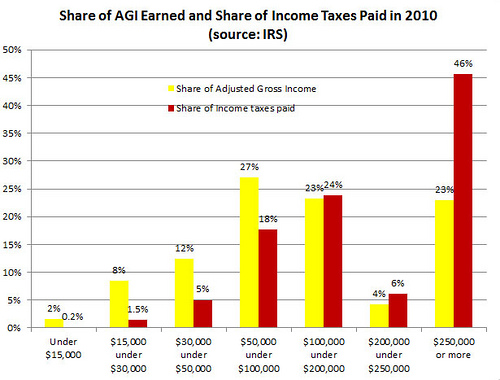by Cameron Smith
Alabama’s legislative leadership and Governor are under immense pressure in Montgomery to increase taxes to prevent cuts in state government funding. But is the real problem a lack of revenue?
The cuts themselves seem to be the most obvious source of consternation. So far, some Alabama agencies are engaging in spending reductions through attrition, not filling vacancies as current staff departs while others delay upgrades or capital purchases. In other words, state agencies seem to be doing what they can to prevent laying off employees. But, at some point, fewer employees tasked with administering the same government programs in the same manner may inevitably lead to reduction in state services or the elimination of state programs.
In many respects, these reductions create heartburn because the programs that may be eliminated are “good” programs. For example, Alabama’s Department of Human Resources will close an adult day-care program that enrolls about 380 people. The closure of the program will save taxpayers over two million dollars annually.
However, for the 380 people enrolled in the day-care program and their families, the elimination of the program means the removal of a substantial benefit. In a very real and meaningful sense, a good program is being terminated. But even if a thousand people are negatively impacted by the elimination of the program, how does their interest stack against the other 4.8 million Alabamians who would rather see those resources go in a different direction or remain in the pockets of taxpayers?
The immediate response that the adult day-care program and others like it should be preserved by increasing taxes makes two baseline assumptions worth challenging. First, it assumes that state government is as efficient at administering its programs and services as it could be. That is one bold assumption. Alabama has no statewide fleet management policy, antiquated payroll and time- keeping practices, and inadequate state-owned land and space management. And those are just a few issues on the internal administrative side of the equation before ever discussing efficiencies in delivering the actual services to the public.
The second assumption is that the majority of Alabamians actually want or need all of the programs and services the state currently provides. One common sentiment from those awestruck that Alabamians would want to reduce their own government is that most Alabamians are incapable of actually understanding what the “limited government” they are asking for actually requires.
But what if the people do understand? What if the people of Alabama actually intend to reduce the size and budgets of their government? Many Alabamians know that some services and programs currently provided by the government may need to be eliminated, but the tradeoff would be retaining lower taxes and prioritized government spending and services.
Maybe the pressure in Montgomery is coming directly from those with a direct financial interest in maintaining the current size and form of government. Most state employees, lobbyists, unions, and even the various agencies themselves stand to feel significant pain if government is reduced. While there are some easy cutbacks, such as eliminating unnecessary entities like the Interior Design Board, leaner government will eventually mean tougher choices.
Reducing the size of government will not, itself, lower the number of the poor and needy currently served by the state. Alabamians must be willing to open their hands and hearts to the poor and downtrodden in their midst in a reliable fashion if they want to cut programs serving those communities.
If Alabamians plan on reducing the size and budget of their government, revenue reductions provide the pressure necessary to force their legislators to prioritize. On the other hand, if they want higher taxes to pay for state programs and services, they had a funny way of showing it at the ballot box in 2010.
Cameron Smith is General Counsel and Policy Director for the Alabama Policy Institute, a non-partisan, non-profit research and education organization dedicated to the preservation of free markets, limited government and strong families, which are indispensable to a prosperous society.

